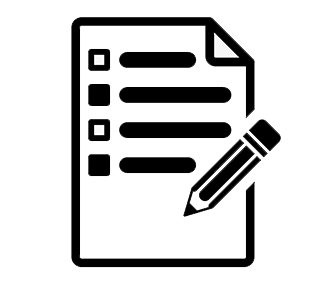Job Duties
1. Confirms project requirements by studying user requirements; conferring with others on project team.
2. Maintains data dictionary by revising and entering definitions.
3. Maintains client confidence and protects operations by keeping information confidential.
4. Maintains technical knowledge by attending educational workshops; reviewing publications; establishing personal networks; participating in technical societies.
5. Ensures operation of equipment by completing preventive maintenance requirements; following manufacturer's instructions; troubleshooting malfunctions; calling for repairs; evaluating new equipment and techniques.
6. Contributes to team effort by accomplishing related results as needed.
7. Determines changes in physical database by studying project requirements; identifying database characteristics, such as location, amount of space, and access method.
8. Changes database system by coding database descriptions.
9. Protects database by developing access system; specifying user level of access.
10. Maintains user reference by writing and rewriting database descriptions.
11. Collect and document user requirements
12. Design and develop database architecture for information systems projects
13. Design, construct, modify, integrate, implement and test data models and database management systems
14. Conduct research and provide advice to other informatics professionals regarding the selection, application and implementation of database management tools
15. Operate database management systems to analyze data and perform data mining analysis.
16. May lead, co-ordinate or supervise other workers in this group.
17. Data administrators perform some or all of the following duties:
18. Develop and implement data administration policy, standards and models
19. Research and document data requirements, data collection and administration policy, data access rules and security
20. Develop policies and procedures for network and/or Internet database access and usage and for the backup and recovery of data
21. Conduct research and provide advice to other information systems professionals regarding the collection, availability, security and suitability of data
22. Write scripts related to stored procedures and triggers
23. May lead and co-ordinate teams of data administrators in the development and implementation of data policies, standards and models.
![]() 4 to 8 years experience required
4 to 8 years experience required ![]() 62,364 CAD to 98,300 CAD P.A.
62,364 CAD to 98,300 CAD P.A. ![]() Canada
Canada




